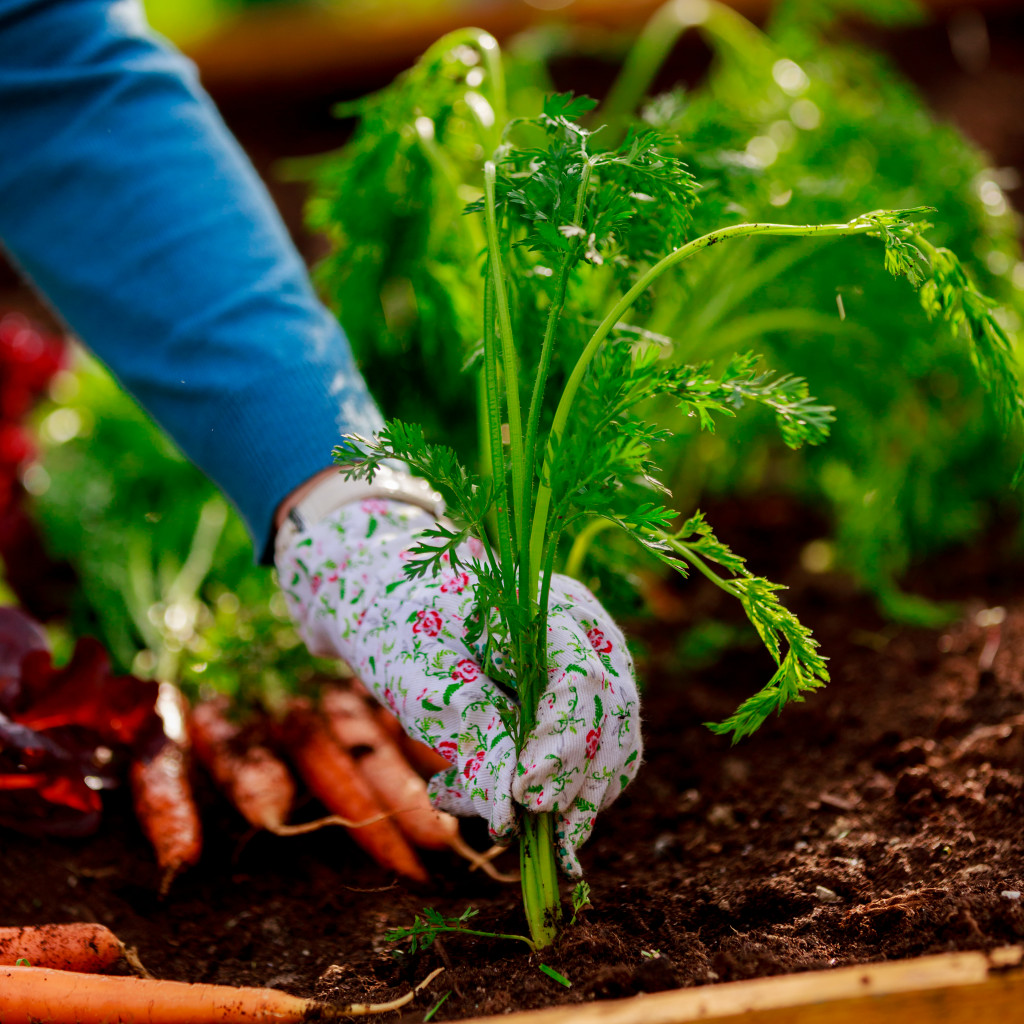With everyone stuck inside their homes, people have found new ways and hobbies to get by and make the most of their time. For others, gardening has provided not only a nice escape and hobby but also a productive way to while away the time. Ornamental plants like flowers and succulents are the usual fare in any garden. However, another way to make having your own garden a worthwhile pastime is to grow your own herbs and vegetables.
It is relaxing and rewarding. You get to save money and long trips to the grocery store. Home-cooked meals made with ingredients you grew fresh from your own garden give you some peace of mind.
If you’re a beginner in the gardening scene and don’t know where to start, here are some tips for creating your own vegetable and herb garden.
Make sure you have enough land available
One mistake first-time gardeners tend to make is overestimating just how much free space they have in their front yard or gardens. Accidentally buying more seeds than you can feasibly plant can be a hassle, especially if you don’t have anywhere to store them. The disappointment when you realize that you don’t have enough space, after all, can be gut-wrenching.
Before you start planning and buying all the necessary equipment, check your yard to ensure that you have a garden space. Don’t just measure out places for plots. Take note of any additional installations you might add as well, such as a sprinkler system or vacant rows in between your crops.
Know what kind of crops you can grow
While certain vegetables can grow anywhere, some can’t handle the warm and dry weather of Utah. Similarly, take note of the seasons in which you can grow them and your particular area’s year-long temperatures. Some plants thrive more in certain environments and conditions than in others. With this, be aware of what will grow in your area’s weather conditions and what will most likely have a hard time.
For example, if the summers tend to be very dry and almost drought-like in your area, then you might want to plant more drought-tolerant vegetables, such as corn or mustard greens. Know a handy planting calendar that you can print or bookmark for quick reference so that you can see what you can plant and when.

Know when to water your plants
Watering your plants might be the most obvious piece of advice when it comes to gardening. It’s an essential part of helping plants grow healthy. But did you know that you don’t have to water them on a schedule?
Sure, carving out a particular watering time every day can be a good idea, but you don’t necessarily have to stick to a schedule. It would be best to consider many factors to determine how often you have to water your plants. What are your plant’s specific watering needs? What kind of soil are they in? How was the weather?
As a general rule of thumb, you only need to water your plants when the soil is completely dry. Some plants, such as succulents, might not need to be watered as often as others. In the case of herbs and vegetables, beans and okra might need less water than lettuce. Like these examples, plants have their varying needs when being watered.
Determining if the soil you’re using is well-draining or dense can also help see if all the moisture’s dried up. Seeing if the weather was particularly hot or if there wasn’t much sunlight can also affect the soil’s dryness. You need to check several aspects to determine the plants’ needs.
When in doubt, try to see how long it usually takes for your soil to completely dry out and build your schedule accordingly. If you don’t have time to water them yourself, an automated sprinkler installation is an excellent addition to any garden. This way, you don’t have to worry about your plants becoming dry.
Realize that this is a commitment
Starting your own garden can be easy, but maintaining it is the hard part. A garden is a commitment you make, just like a relationship or a big step in your life. You have to be there for your crops, take care of them every day, and be ready for any challenges you might face.
It’s not always going to be easy; any experienced gardener or farmer can tell you that. But if you put in the time and the effort, you’ll find that growing your own garden can be very rewarding.
